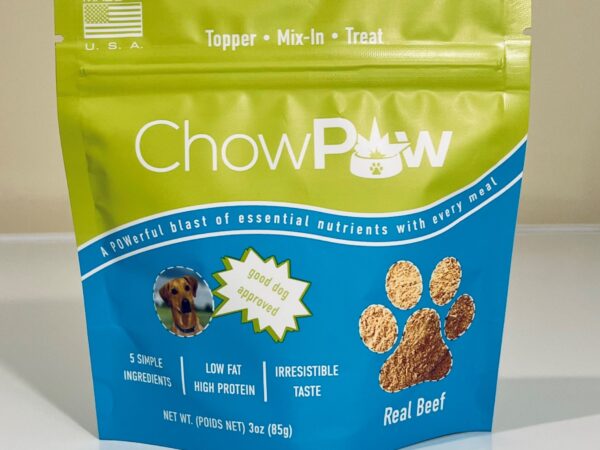
Vitamin A and Your Dog: Essential for Vision, Growth, and Overall Health
When you think of essential vitamins for your dog’s well-being, vitamin A might not be the first one that comes to mind. However, this fat-soluble vitamin plays a crucial role in various bodily functions, from maintaining healthy vision to supporting immune function. Let’s dive into the importance of vitamin A for dogs, how to ensure they get enough, and what happens if they don’t.
Why is Vitamin A Important for Dogs?
Vitamin A, also known as retinol, is a fat-soluble vitamin that plays a significant role in several key areas of your dog’s health:
- Vision: Vitamin A is essential for maintaining healthy eyesight, especially in low-light conditions. It helps form rhodopsin, a light-sensitive pigment in the retina.
- Growth and Development: Puppies need adequate vitamin A for proper bone growth and development.
- Immune Function: Vitamin A supports a robust immune system by helping to produce and regulate immune cells.
- Skin and Coat Health: This vitamin contributes to healthy skin cell turnover, promoting a shiny coat and helping to prevent skin conditions.
- Reproduction: Vitamin A is essential for both male and female reproductive health, supporting sperm production and fetal development.
How Much Vitamin A Do Dogs Need?
The Association of American Feed Control Officials (AAFCO) recommends the following minimum vitamin A levels in dog food:
- Adult Dogs: 5,000 IU/kg of dry matter food
- Puppies and Pregnant/Lactating Dogs: 9,000 IU/kg of dry matter food
Most commercial dog foods formulated to meet AAFCO standards should provide sufficient vitamin A.
How Do Dogs Get Vitamin A?
Dogs primarily get vitamin A from their diet in two forms:
-
Preformed Vitamin A (Retinol): Found in animal-sourced foods, such as liver, fish, eggs, and dairy products.
-
Provitamin A Carotenoids: These are plant pigments that the dog’s body converts to retinol. Examples include beta-carotene found in carrots, sweet potatoes, and spinach.
Related Article: How To Choose The Best Dog Food Toppers
What Happens if My Dog Doesn’t Get Enough Vitamin A?
Vitamin A deficiency is rare in dogs fed a balanced commercial diet. However, it can occur due to:
- Poor Diet: Feeding low-quality or homemade diets lacking in vitamin A-rich foods.
- Malabsorption Issues: Some health conditions can hinder the absorption of fat-soluble vitamins like vitamin A.
Symptoms of vitamin A deficiency in dogs may include:
- Night Blindness: Difficulty seeing in low-light conditions
- Dry, Scaly Skin
- Dull Coat
- Weight Loss
- Decreased Appetite
If you notice any of these signs, consult your veterinarian.
Can Dogs Have Too Much Vitamin A?
While uncommon, excessive vitamin A intake (hypervitaminosis A) can be toxic to dogs. This usually occurs due to over-supplementation or feeding large amounts of liver. Symptoms of vitamin A toxicity include:
- Bone and Joint Pain
- Lethargy
- Constipation
- Dehydration
It’s crucial to follow your vet’s recommendations for vitamin A supplementation and avoid feeding excessive amounts of liver.
Common FAQs about Vitamin A and Dogs
Can I give my dog human vitamin A supplements? No, do not give your dog human vitamin A supplements without veterinary guidance. The dosage and form of vitamin A in human supplements can be harmful to dogs.
Can my dog get vitamin A from fruits and vegetables? Yes, but the vitamin A in plants is in the form of beta-carotene, which dogs convert to retinol less efficiently than preformed vitamin A.
What are the best food sources of vitamin A for dogs? Liver (in moderation), fish oil, eggs, and certain vegetables like carrots and sweet potatoes are good sources of vitamin A for dogs.






